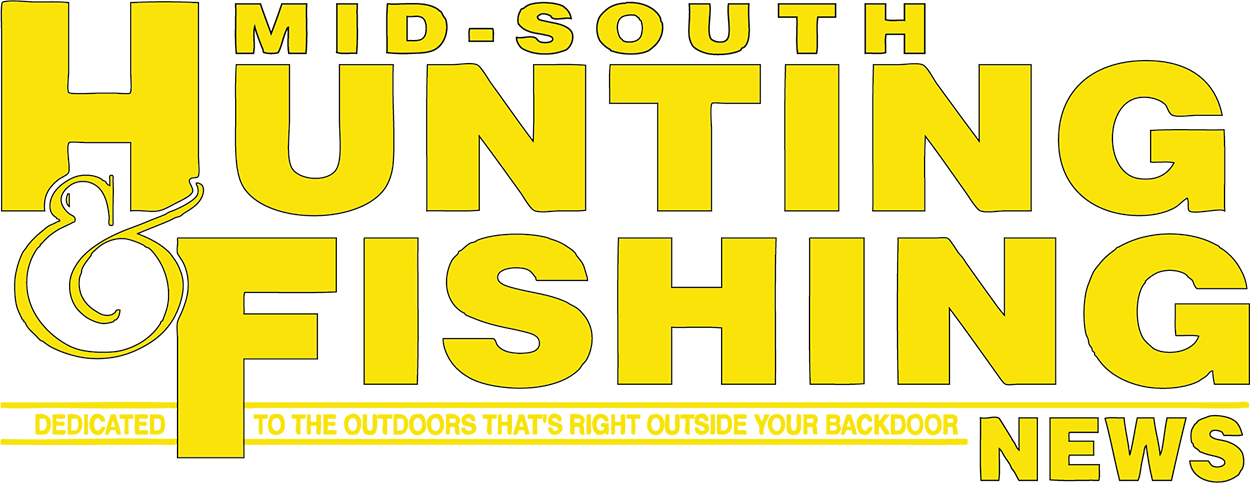People interested in chasing an Arkansas alligator on public land and water this fall have until midnight June 30 to put their name in the hat. Applications for the 2021 Arkansas alligator season are available online at www.agfc.com.
Thirty-three permits will be issued for public hunting in Arkansas for the 2021 season. These permits will be randomly chosen via electronic draw. As with the rest of the AGFC’s permit application system, alligator hunt applicants must pay a $5 nonrefundable processing fee when the application is submitted. No additional fee is required from successful applicants.
Each permit authorizes the harvest of one alligator, which must be at least 4 feet long. Alligator hunting is allowed 30 minutes after sunset until 30 minutes before sunrise Sept. 17-20 and Sept. 24-27. Each permit holder may have up to three assistants with them on the hunt, but only the permit holder is allowed to snare, harpoon or dispatch the alligator.
Alligator hunters must be at least 16 years of age, and only Arkansas residents may hunt alligators on public land in Arkansas. Applicants with 18 or more AGFC violation points are ineligible to apply.
Hunters pursuing alligators on private land no longer need to draw a tag. Instead, alligators on private land are hunted via a quota-based system. Anyone who has access to private land in Alligator Zones 1, 2 or 3 may purchase a private land alligator tag in addition to their big-game hunting license and be able to hunt during alligator season until the quota is met for their zone.
“It will be up to each hunter to call in before their hunt every night to the wildlife hotline (1-800-440-1477) to see if the quota has been met,” Mark Barbee, AGFC wildlife biologist at the Monticello office, said. “If the quota is reached, the hunt ends early.”
Barbee says the quota system allows more people with possible nuisance alligator problems to have a chance to remove those alligators or allow another hunter to do so.
“We set the number of permits and quotas based on how many alligators we need to be removed to keep the population at a sustainable level that minimizes nuisance issues,” Barbee said. “But we do see quite a few private land tags go unfilled each year if the hunter doesn’t find a large enough alligator to meet their expectations. Now that extra harvest opportunity can be used by another hunter on different land.”
Successful applicants and private land hunters must also go through an online hunt orientation before going to the field. The orientation lays out the most important details and frequently asked questions about the hunt.



